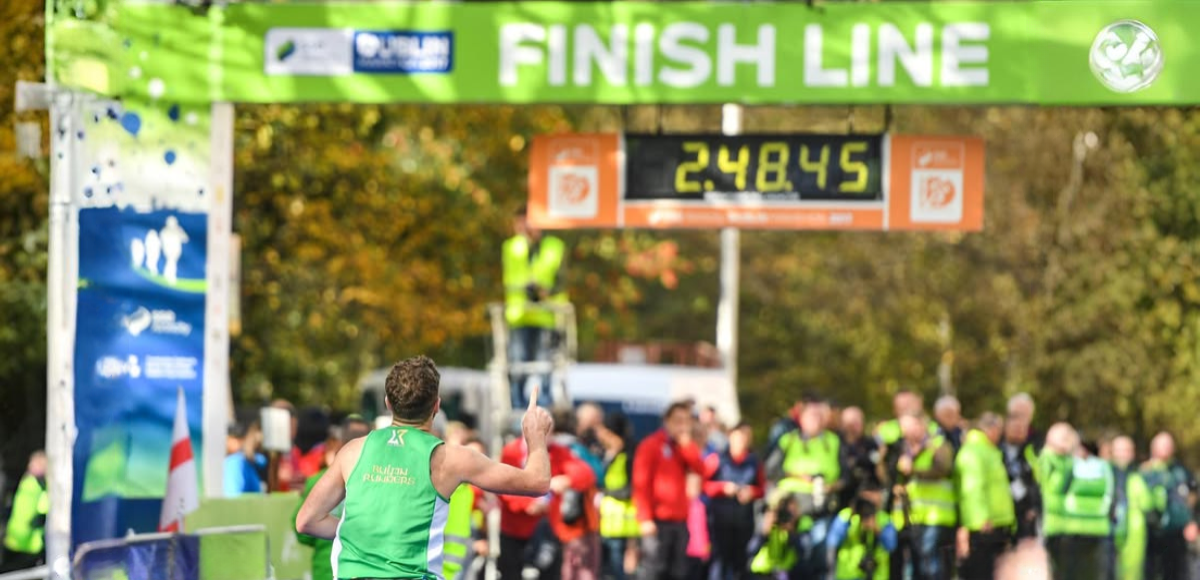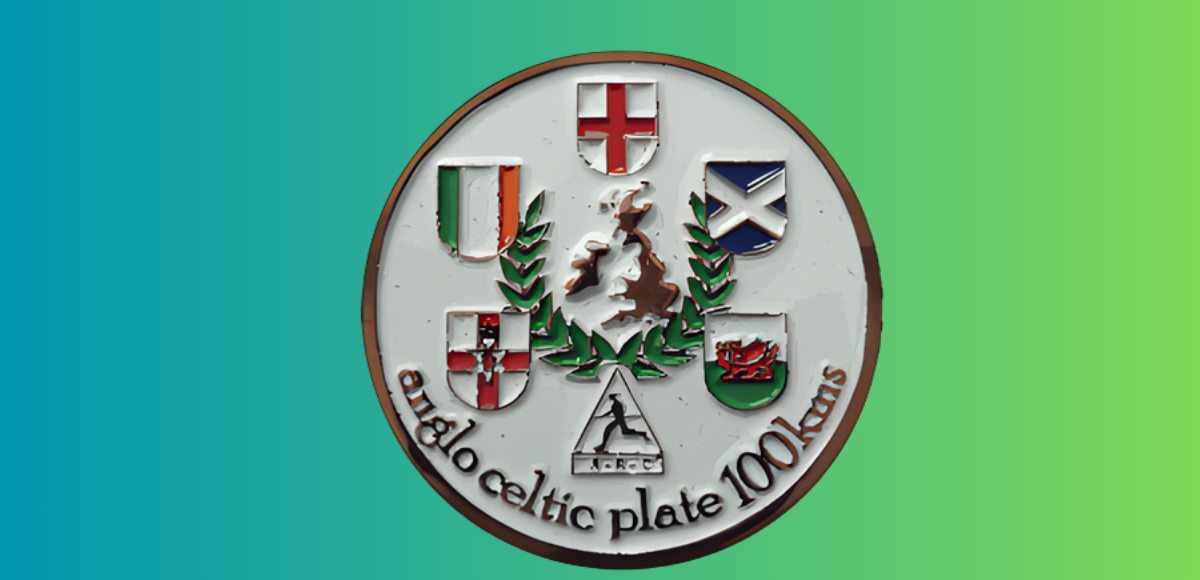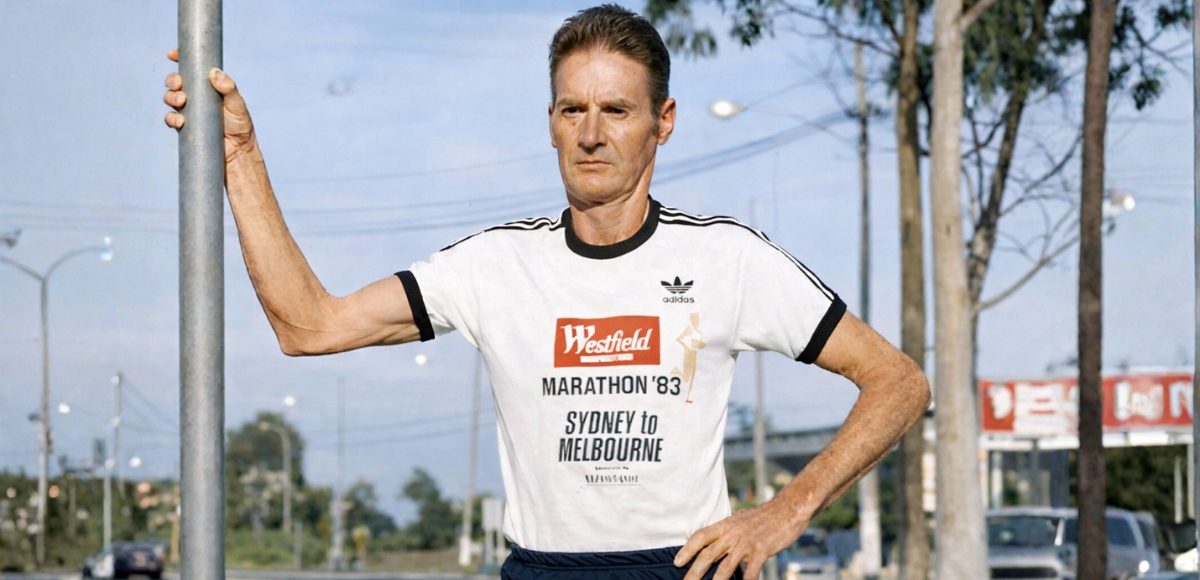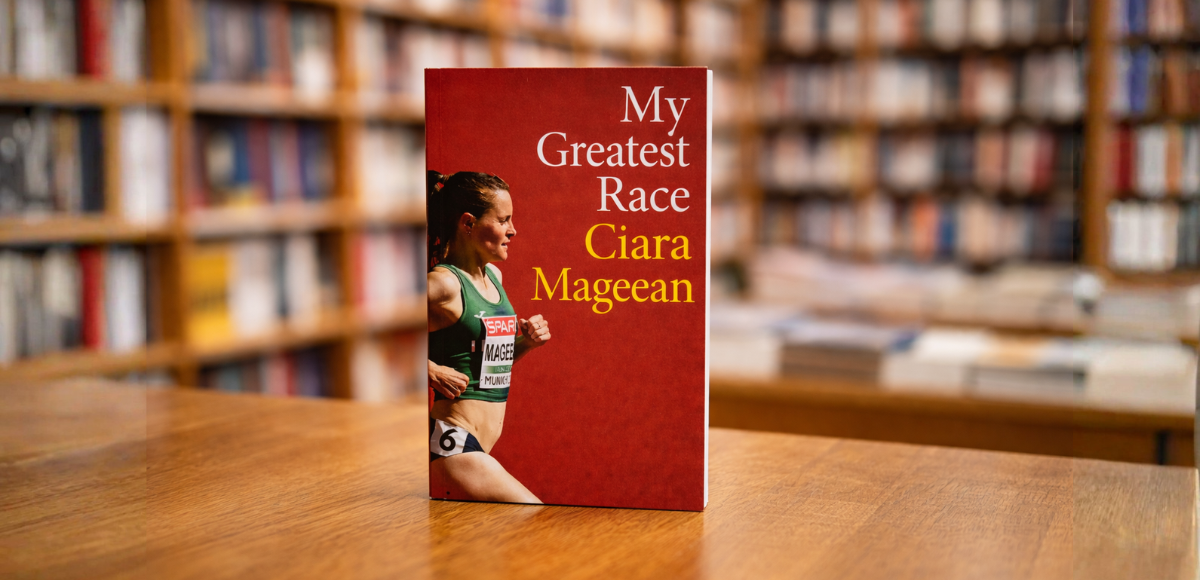Marathons
Will You Actually Finish the Dublin Marathon? Yes. Here’s Why

“If you can run 20 miles in training, you can run 26 on race day. The last six are fuelled entirely by stubbornness and fear of embarrassment.”
It’s the first day of September. The leaves are turning, the air’s getting crisp, and you’ve suddenly realised that in less than two months you’re going to attempt to run 26.2 miles through Dublin. Cue the panic spiral: “What if I can’t finish? What if I collapse on the Liffey bridges? What if I end up crying on the Luas back to Tallaght?”
Relax. You’re going to be fine. And I’m not just saying that to stop you hyperventilating into your coffee. You’ve got more going for you than you think.
You’ve Already Done the Hard Part
Most beginners think the marathon is about one day in October. It’s not. It’s about every soggy Tuesday night run you’ve done when you’d rather be home with tea and a biscuit. It’s about the long run you got up early for on a Sunday, even though your bed was actively begging you to stay. That consistency is what makes you a marathoner, not just the medal at the end.
If you’ve been putting one foot in front of the other, week after week, you’ve built something far more valuable than speed, you’ve built the habit and the grit. The marathon is just the victory lap. A very long, slightly painful victory lap, yes, but still.
Your Long Runs Are the Dress Rehearsal
If you’ve ticked off a few runs in the 14–18 mile range, you’ve already proven your body can go the distance. The race just adds adrenaline, crowds, and possibly a man dressed as a pint of Guinness overtaking you in Clonskeagh.
That last 8–10 miles? That’s not some mystical wall that will send you into a heap on the kerb. It’s your brain throwing a tantrum. And with the right fuelling, pacing, and sheer bloody-mindedness, you’ll get through it.
Adrenaline Is Basically Free Energy
Race day gives you something you can’t bottle, the electricity of the crowd. You’ll have brass bands blaring, kids waving signs, and strangers screaming your name (even if they only learned it from your bib). That atmosphere alone is worth a couple of extra miles in your legs. Roebuck Hill? Suddenly not quite so murdery.
You’ll Have a Plan (and a Backup Plan)
You’ll have your start pace. You’ll have your gel strategy. You’ll know when you’re taking water. And if it all goes out the window at mile 12? You’ll have your emergency brain tricks ready: counting lampposts, promising you’ll only walk at the next water stop, or imagining you’re chasing down the last battered sausage in the chipper.
The Finish Line Is Magnetic
When you’re 5K from the end, you’ll hear it, the distant roar of Merrion Square. Every step pulls you closer. By the time you turn onto the home stretch, you’ll be carried by the noise alone. Shuffle, hobble, ugly-cry, you’re getting there.
Conclusion
You’ve done the miles, you’ve fought the battles with your own brain, and you’re far more prepared than you give yourself credit for. The Dublin Marathon isn’t some mythical beast, it’s just a long run with better scenery, more snacks, and a medal at the end. The only people who don’t finish are the ones who never start.

How to Watch Mark English in Action Today

Conor Kelly Set for US Debut as the College Indoor Season Gathers Pace this Weekend

Ireland’s Team Confirmed For 2026 Anglo Celtic Plate 100 km in Limerick

Starting From Scratch - An Introduction to Couch to 5K

How a 61 Year Old Farmer Outsmarted Elite Ultra Runners

Release Date Announced for Ciara Mageean Autobiography
